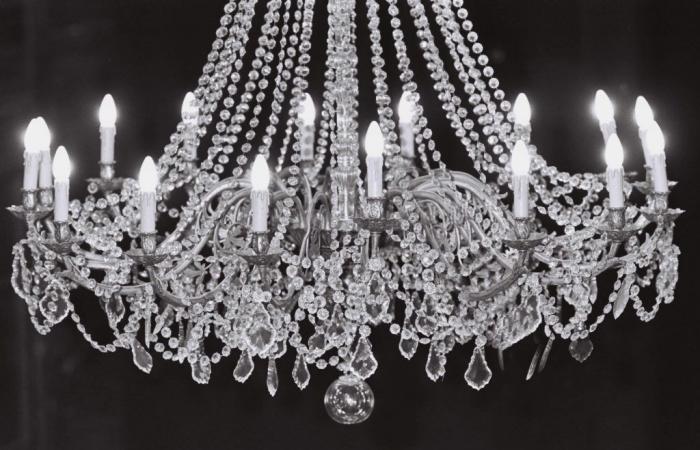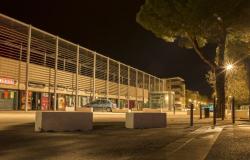In the Moselle valley of Münzthal, a mysterious marriage has been celebrated for more than four centuries. That of sand and fire. Here, the Saint-Louis Crystal Company has been meticulously sculpting glass since 1586. Becoming a “Royal Glassworks” in 1767 under Louis XV, the factory has continuously spanned the ages. Today it belongs to the Hermès group, which bought it in 1994.
A very long story, which is also that of Émeric Lecointre. For more than 20 years this glassmaker – winner in 2015 of the title of best worker in France – has worked in what is now the oldest crystal factory in the country. Since last year, he has also been a CFTC union representative. In a company ” in full metamorphosis “, which is being reorganized with a new workshop and a new oven, the unions need to understand these changes so that they can meet the needs of the employees concerned.
Modernize production, while protecting employee activity
« At the CFTC, we first wanted to reassure employees and respond to concerns related to changes in organization and working hours”, explains Émeric Lecointre. During the professional elections last October, the CFTC received 38% of the votes. To better understand these transformations, the crystal factory can rely on the Hermès group, which allows it to project itself more confidently into the future: “ They have a vision and a strong consideration for employees, It is essential for us. »
For this manufacture – prestigious but loss-making – benefiting from the support of a powerful company is reassuring. Production is energy intensive, as well as skilled labor. In order to reduce costs, the most important lever remains the work tool. This is the purpose of the investments in a new oven, which will ultimately make it possible to increase the production volume. However, employees will have to adapt to this new tool, such as reorganizing their working hours.. In the long term, Émeric Lecointre foresees a slight automation of production: “Mechanical assistance is not without meaning and seems essential to sustain the business. It’s not worse for certain tasks, such as glass injection, but the machine will never be able to replace most of our work. »
Behind the glass
A job that marries first the form of a collective craftoperating in two major stages: ” In the profession, we distinguish between work on hot glass, that is to say the blowing and shaping of the glass, then work on cold glass, which characterizes the enhancement of the piece with engraving. , size or gilding, specifies Émeric Lecointre. He has long evolved in hot glass, where glass is sculpted. “ To do this, there are generally four of us working successively on each part. One blows the crystal, another brings the material, a third will make the leg and the foot, then another person shapes the collar. »
Today, Émeric has more of a management role. I needed something other than production. I became the carafe manager and, for four years, a station manager. I contribute as much as possible to the transfer of know-how. I really like transmitting and instilling the values of work, beyond learning the profession. »
Betting on the new generation
If all production is done by hand, the manufacture involves assembly line work, less romantic than the image of the glassblower that the general public can have. In one day, a team thus makes 60 carafes, or between 120 and 150 glasses. A sustained production, which union action must necessarily continue to supervise, in the wake of a progressive renewal of the workforce.
« A new generation has joined the manufacture and they identify with younger representativescontinues Émeric Lecointre. Dozens of hires are also planned in the coming years. ” We will have to be present with these new employees as soon as they arrive, to explain to them how a union is useful on a daily basis. If you don’t go and see a young person, they will never join a union on their own. There is a need for dialogue, and with this new generation, there really is something to do! » A renewed social dialogue, which could well help the Compagnie des cristalleries de Saint-Louis to distill its know-how, for a few more centuries to come.
By Gaëtan Mortier
Article taken from La Vie en bleu CFTC n°13, the magazine for CFTC members






